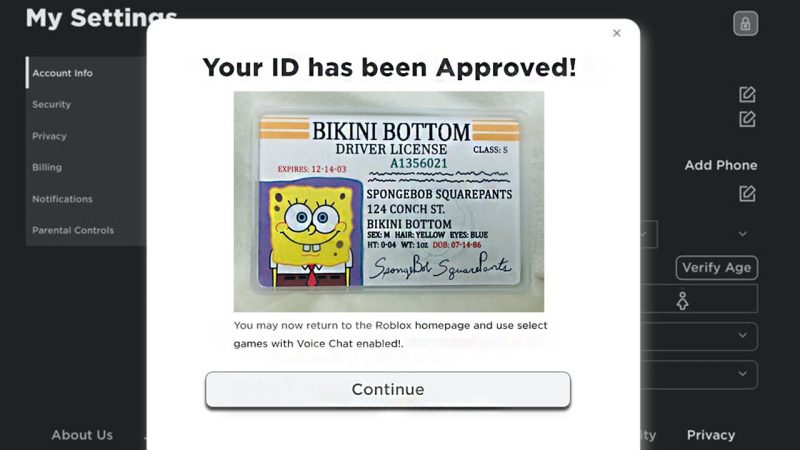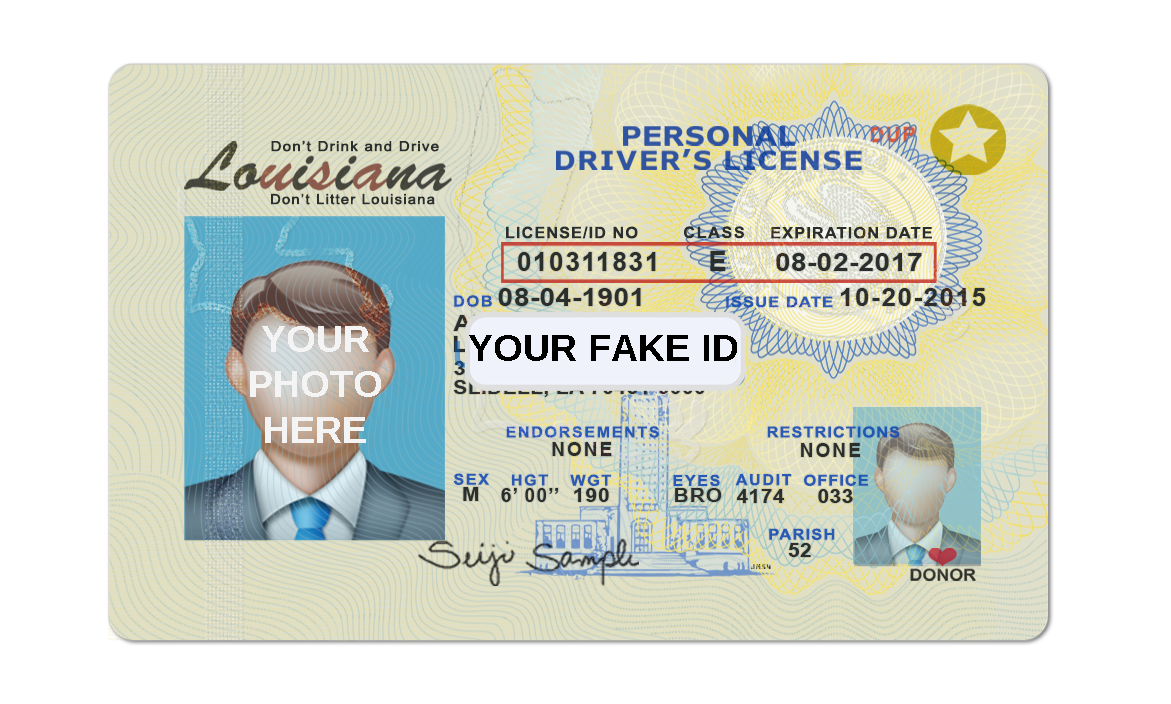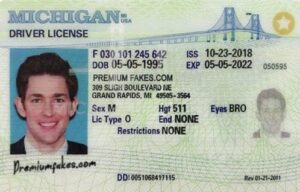
Sobre Mí
What are online site cookies? Web site cookies are online monitoring tools, and the industrial and government entities that utilize them would prefer individuals not read those notices too closely. Individuals who do check out the notices carefully will find that they have the alternative to say no to some or all cookies.
The issue is, without careful attention those alerts end up being an annoyance and a subtle reminder that your online activity can be tracked. As a scientist who studies online security, I've found that failing to check out the notices thoroughly can lead to unfavorable emotions and impact what individuals do online.
How cookies work
Internet browser cookies are not new. They were established in 1994 by a Netscape developer in order to optimize browsing experiences by exchanging users' information with specific websites. These small text files enabled online sites to remember your passwords for much easier logins and keep items in your virtual shopping cart for later purchases.
Over the past three years, cookies have actually developed to track users across sites and devices. This is how products in your Amazon shopping cart on your phone can be used to tailor the advertisements you see on Hulu and Twitter on your laptop. One research study found that 35 of 50 popular online sites utilize site cookies unlawfully.
European regulations need sites to receive your permission before using cookies. You can prevent this type of third-party tracking with website or blog cookies by thoroughly checking out platforms' privacy policies and opting out of cookies, however people generally aren't doing that.
Why Everyone Is Dead Wrong About Online Privacy With Fake ID And Why You Must Read This Report
One study found that, on average, internet users spend simply 13 seconds checking out a website's regards to service statements before they grant cookies and other outrageous terms, such as, as the research study consisted of, exchanging their first-born kid for service on the platform.
Friction is a technique utilized to slow down internet users, either to maintain governmental control or minimize consumer service loads. Friction includes structure aggravating experiences into website or blog and app design so that users who are attempting to avoid tracking or censorship become so bothered that they eventually offer up.
My latest research sought to comprehend how website or blog cookie notices are used in the U.S. to develop friction and influence user habits. To do this research study, I looked to the principle of meaningless compliance, an idea made infamous by Yale psychologist Stanley Milgram.
Milgram's research study showed that individuals frequently grant a demand by authority without very first pondering on whether it's the ideal thing to do. In a much more regular case, I thought this is also what was occurring with web site cookies. Some individuals recognize that, in some cases it might be essential to register on online sites with many people and mock particulars might want to think about yourfakeidforroblox!
I carried out a large, nationally representative experiment that provided users with a boilerplate web browser cookie pop-up message, similar to one you might have encountered on your way to read this article. I assessed whether the cookie message triggered a psychological response either anger or worry, which are both predicted actions to online friction. And then I assessed how these cookie notices influenced internet users' desire to reveal themselves online.
Online expression is main to democratic life, and numerous types of web tracking are known to reduce it. The results revealed that cookie notifications set off strong sensations of anger and fear, suggesting that internet site cookies are no longer perceived as the practical online tool they were designed to be.
And, as suspected, cookie alerts likewise reduced individuals's specified desire to express viewpoints, look for details and go against the status quo. Legislation regulating cookie notices like the EU's General Data Protection Regulation and California Consumer Privacy Act were designed with the general public in mind. Notice of online tracking is developing an unintentional boomerang impact.
Making authorization to cookies more conscious, so individuals are more aware of which information will be gathered and how it will be used. This will involve altering the default of website cookies from opt-out to opt-in so that individuals who desire to use cookies to improve their experience can willingly do so.
 In the U.S., internet users need to can be anonymous, or the right to eliminate online info about themselves that is damaging or not utilized for its original intent, consisting of the data gathered by tracking cookies. This is a provision approved in the General Data Protection Regulation however does not encompass U.S. web users. In the meantime, I advise that people read the terms and conditions of cookie use and accept only what's required.
In the U.S., internet users need to can be anonymous, or the right to eliminate online info about themselves that is damaging or not utilized for its original intent, consisting of the data gathered by tracking cookies. This is a provision approved in the General Data Protection Regulation however does not encompass U.S. web users. In the meantime, I advise that people read the terms and conditions of cookie use and accept only what's required.
Ubicación
Ocupación

